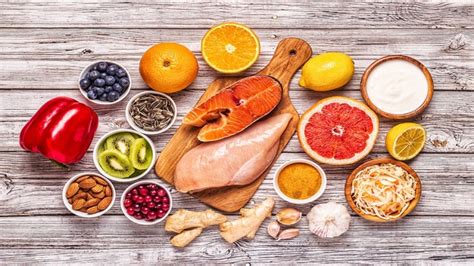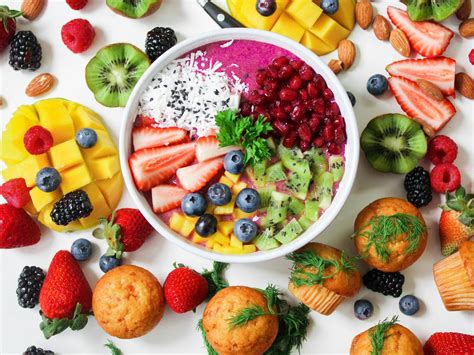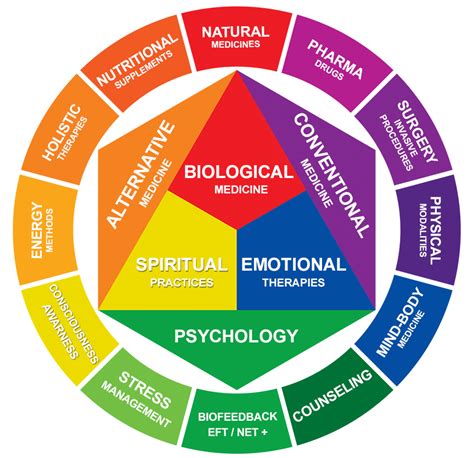Optimize testosterone naturally: what diet & lifestyle tweaks boost male vitality?

Understanding Testosterone and Male Vitality
Testosterone, often called the primary male sex hormone, plays a pivotal role far beyond libido and muscle mass. It influences energy levels, mood, bone density, red blood cell production, and overall well-being. As men age, testosterone levels naturally decline, but modern lifestyle factors can accelerate this process, leading to symptoms like fatigue, reduced muscle mass, weight gain, and diminished vitality. The good news is that many natural, actionable strategies can help optimize your body’s testosterone production, fostering improved health and vigor.

Fueling Testosterone: Dietary Strategies
Your diet is a cornerstone of hormonal health. What you eat directly impacts your body’s ability to produce testosterone. Focusing on whole, nutrient-dense foods while minimizing processed items is crucial.
1. Prioritize Healthy Fats
Contrary to old beliefs, healthy fats are essential for hormone production. Cholesterol, a precursor to testosterone, is derived from dietary fats. Incorporate monounsaturated and polyunsaturated fats from sources like avocados, olive oil, nuts (almonds, walnuts), seeds (chia, flax), and fatty fish (salmon, mackerel). Saturated fats in moderation, from sources like grass-fed butter or coconut oil, can also play a role.
2. Adequate Protein Intake
Protein is vital for muscle repair and growth, which in turn supports testosterone levels. Aim for lean protein sources such as grass-fed beef, chicken, turkey, eggs, and legumes. Adequate protein helps maintain a healthy body composition, another factor linked to optimal testosterone.

3. Essential Micronutrients
Several vitamins and minerals are critical cofactors in testosterone synthesis:
- Zinc: Found in oysters, red meat, pumpkin seeds, and beans. Zinc deficiency is strongly linked to lower testosterone.
- Vitamin D: Often called the “sunshine vitamin,” Vitamin D is actually a pro-hormone. Sun exposure is the best source, but you can also find it in fatty fish, fortified foods, and supplements (under guidance).
- Magnesium: Rich in leafy greens, nuts, seeds, and dark chocolate. Magnesium helps optimize free testosterone levels.
4. Limit Processed Foods, Sugar, and Alcohol
Foods high in sugar and unhealthy fats contribute to inflammation, insulin resistance, and weight gain, all of which can negatively impact testosterone. Excessive alcohol consumption can also disrupt hormone balance and liver function.
Lifestyle Tweaks for Optimal Testosterone
Beyond diet, your daily habits significantly influence your hormonal landscape.
1. Regular Exercise
Physical activity, especially strength training and high-intensity interval training (HIIT), has been shown to boost testosterone. Focus on compound movements (squats, deadlifts, bench press) that engage multiple muscle groups. Consistency is key, but avoid overtraining, which can paradoxically lower testosterone.

2. Prioritize Quality Sleep
Testosterone production peaks during sleep, particularly during REM cycles. Chronic sleep deprivation can drastically reduce T levels. Aim for 7-9 hours of high-quality sleep per night. Establish a regular sleep schedule, create a dark and cool bedroom environment, and limit screen time before bed.
3. Manage Stress Effectively
Chronic stress elevates cortisol, the “stress hormone.” High cortisol levels can suppress testosterone production. Incorporate stress-reduction techniques into your daily routine, such as meditation, yoga, deep breathing exercises, spending time in nature, or engaging in hobbies you enjoy.

4. Maintain a Healthy Body Weight
Excess body fat, particularly visceral fat around the abdomen, can lead to increased estrogen production and lower testosterone. Losing weight through a combination of diet and exercise is a powerful way to improve hormonal balance.
5. Avoid Endocrine Disruptors
Exposure to certain chemicals found in plastics (BPA, phthalates), pesticides, and personal care products can mimic hormones in the body, potentially disrupting testosterone production. Opt for natural alternatives and reduce plastic use where possible.
A Holistic Path to Male Vitality
Optimizing testosterone naturally is not about a quick fix; it’s about adopting a sustainable, holistic approach to health. By consistently implementing these dietary and lifestyle changes—prioritizing nutrient-dense foods, engaging in regular exercise, ensuring adequate sleep, and effectively managing stress—men can significantly improve their testosterone levels and reclaim their vitality. These natural tweaks offer a powerful pathway to enhanced energy, mood, muscle mass, and overall well-being, paving the way for a more vibrant and fulfilling life.










